Articles
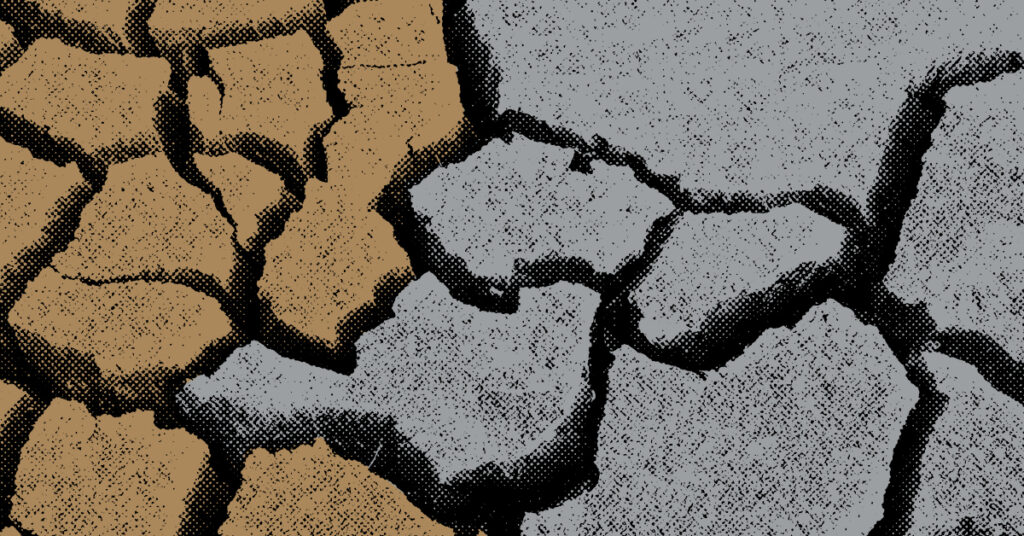
Climate Concerns Do Not Wane
Dear Readers, One would expect that the current pandemic crisis and economic downturn would at least temporarily overshadow climate concerns and derail a drive toward new green deals in European and global politics. According to an April 2020 poll by IPSOS, however, a majority of respondents do not see climate change as a lesser threat…
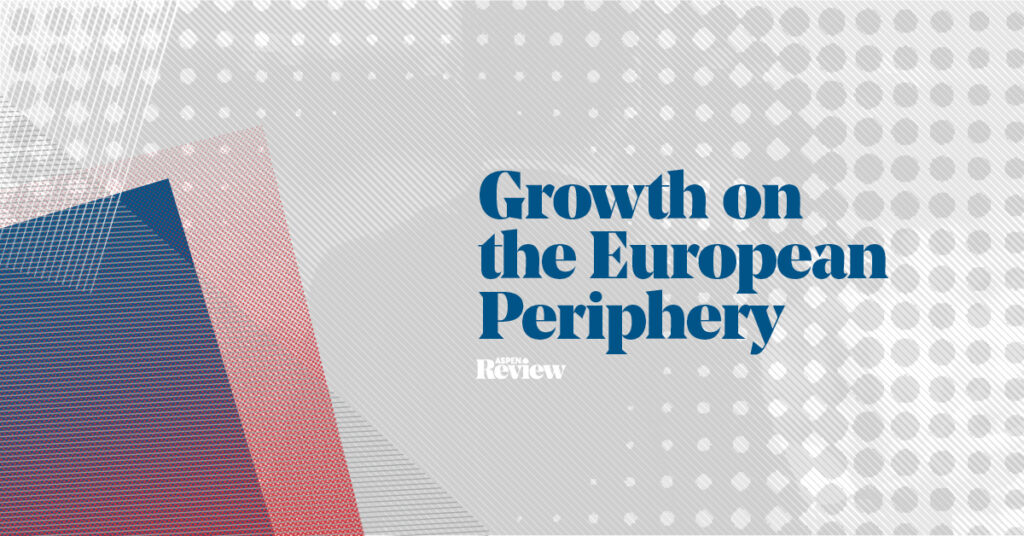
Growth on the European Periphery
Europe’s Growth Champion: Insights from the Economic Rise of Poland Marcin Piątkowski, Oxford University Press 2018 Marcin Piątkowski’s book may be disliked on both sides of the barricade of the main political dispute in Poland. It deprives the conservatives of the historical myth of the Old Republic, to which they would very much like to…
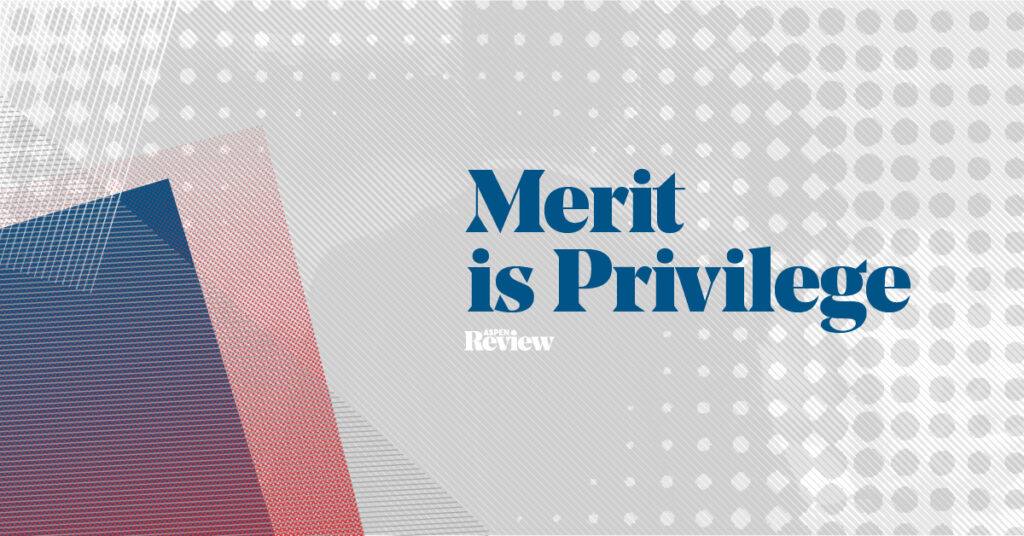
Merit is Privilege
The Meritocracy Trap Daniel Markovits, Allen Lane 2019 In “1984” George Orwell inscribes his Ministry of Truth with the motto “War is Peace. Freedom is Slavery. Ignorance is Strength.” In fictional Oceania, words no longer mean what they did, and can even signify the opposite. While this madness epitomizes a kind of totalitarian nightmare, the power of…
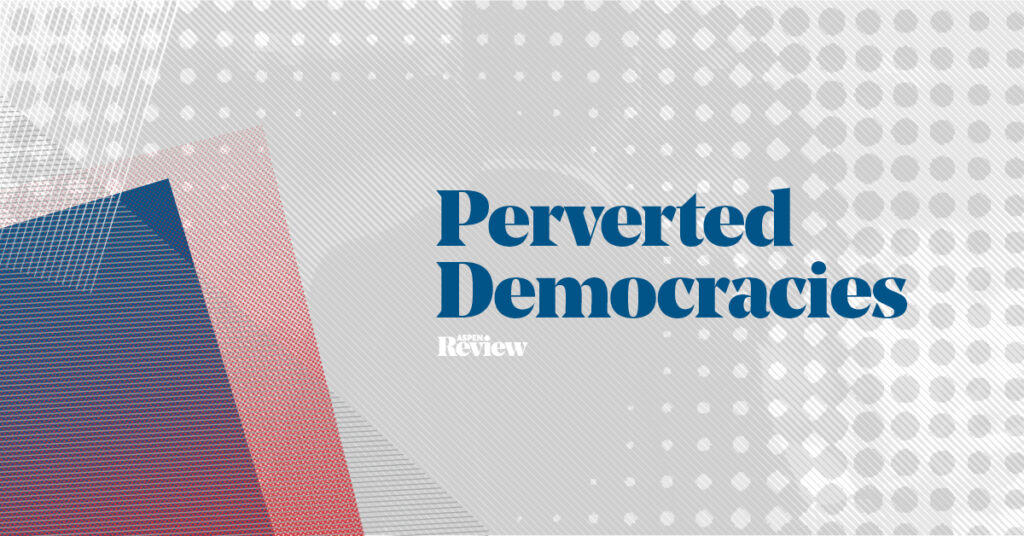
Perverted Democracies
The People vs. Democracy: Why Our Freedom Is in Danger and How to Save It Yascha Mounk, Harvard University Press 2018 In the age of a global democratic recession, we cannot get enough of scholarly work on how contemporary liberal democracies are being challenged by populism. Yascha Mounk’s book entitled “The People vs. Democracy” is…

5G: Estonia Picks National Security over Technology
Estonia is the second EU member state, after Poland, which effectively rules out Chinese companies as suppliers of software or hardware for its 5G networks. When it comes to the development of next-generation 5G mobile networks, Estonia has been caught on the horns of a dilemma. As a self-styled digital trailblazer, it needs all the…
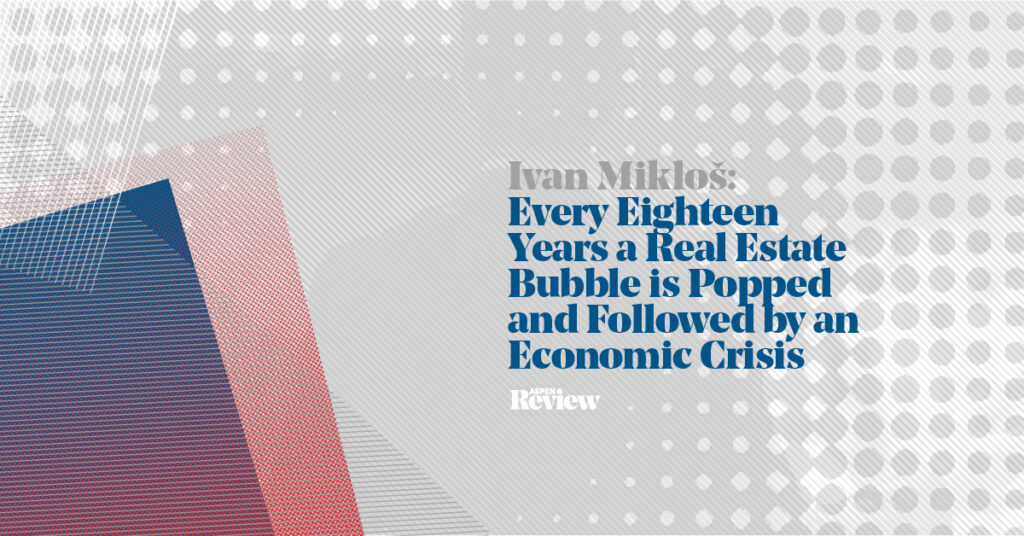
Ivan Mikloš: Every Eighteen Years a Real Estate Bubble is Popped and Followed by an Economic Crisis
The world economy suffers from short-sighted policies enacted by politicians who only see the next elections, who seek to buy their popularity and pay off the electorate, and are reluctant to enact difficult reforms, says former Slovak politician and economist Ivan Mikloš in an interview with Robert Schuster. ROBERT SCHUSTER: What is the state of…
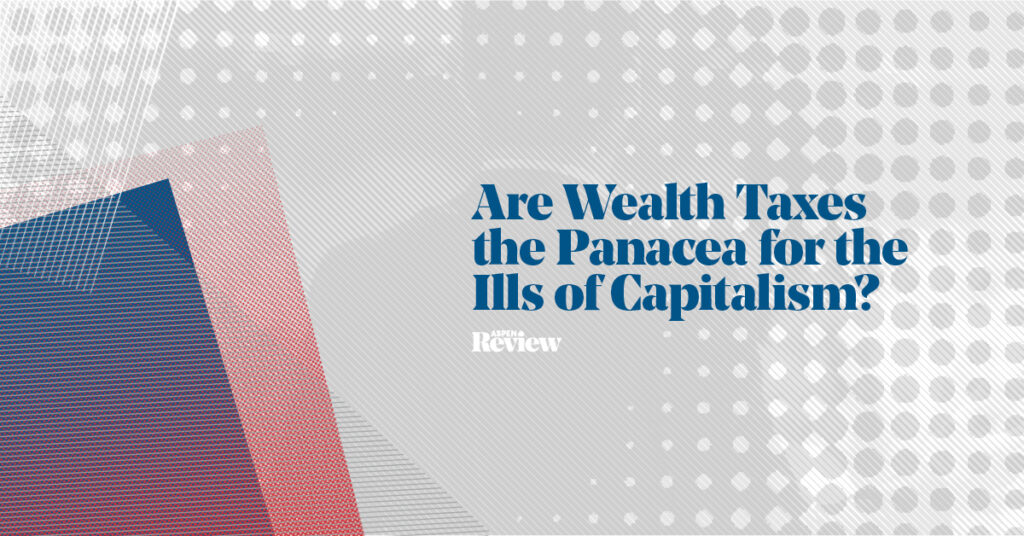
Are Wealth Taxes the Panacea for the Ills of Capitalism?
The structure of many modern tax systems may have actively contributed to inequality. What is more, the greatest tax burden is often experienced not by those at the top of the ladder but by low-to-middle income families. Around the world, increasingly unequal—and divided—societies speak out loudly against the rules of the game in modern capitalist…
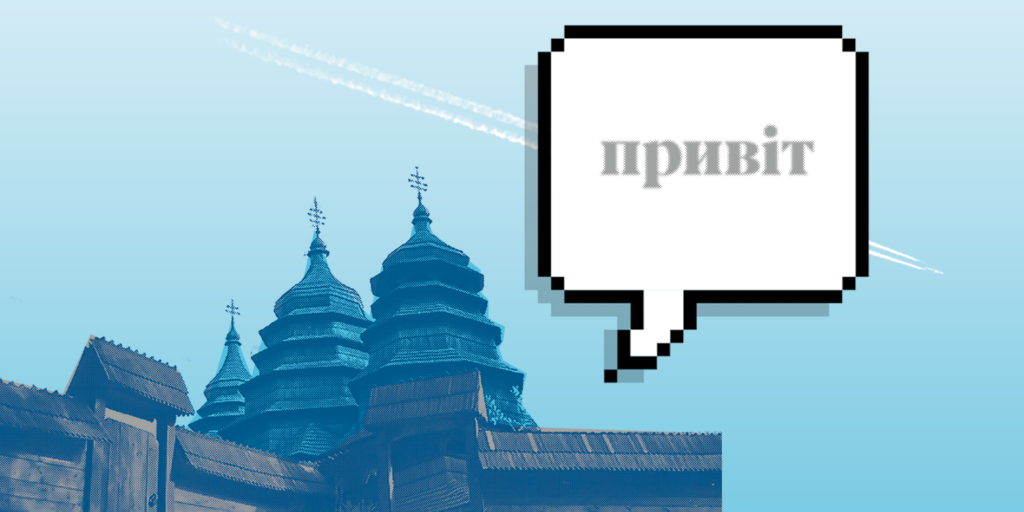
The City and the Myth: Making Sense of the Lviv ‘Nationalist’ Image
Lviv, with its population of about 750,000 people, is only the seventh-largest city in Ukraine. In the western part of the country, however, it is the largest one, at least three times bigger than any other city in the region. This endows Lviv informally with a certain metropolitan status—as the cultural, educational and, to a…
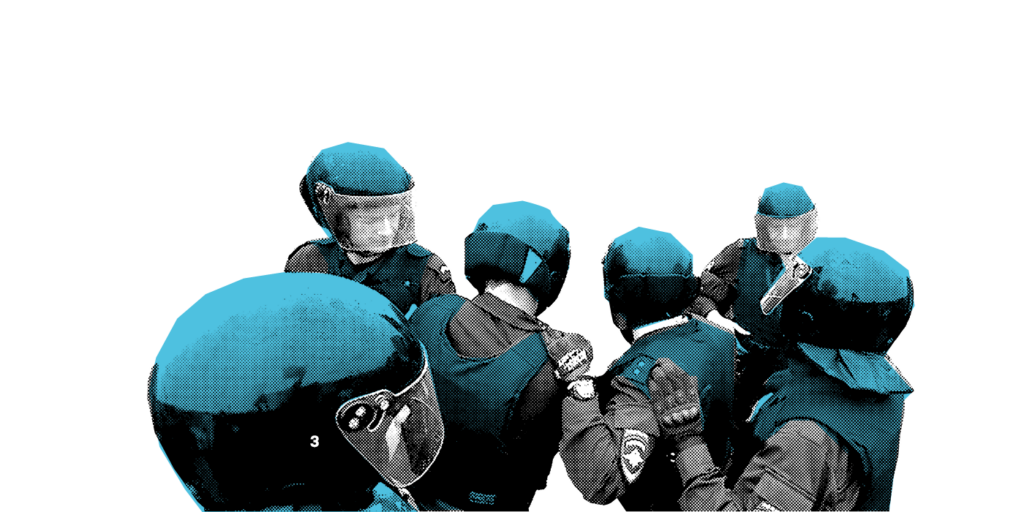
Moscow Protests and their Consequences
The ruling class has taken advantage of the crisis to increase its control over society. The Kremlin has begun a new phase in the privatization of Russia, which could result in the complete liquidation of civil society. The protests in the Russian capital in the summer of 2019 surprised not only the authorities, but also…
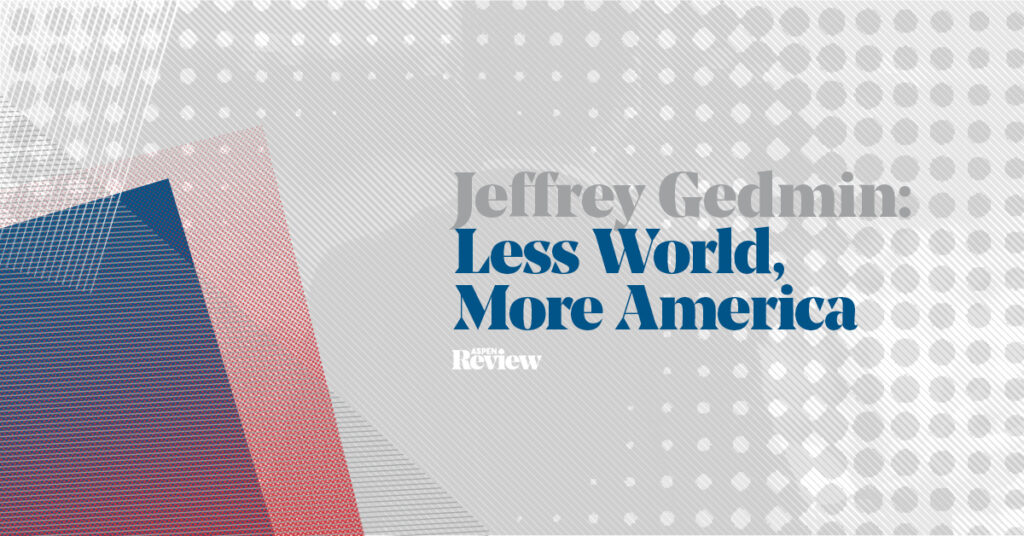
Jeffrey Gedmin: Less World, More America
Americans seem to exhibit signs of tiredness or fatigue, a notion that we have done so much and others have done relatively little. If Europe shows some strategic maturity by identifying priorities and allocating resources to them, you as a continent would help yourself and also the transatlantic ties—says Jeffrey Gedmin in an interview with…
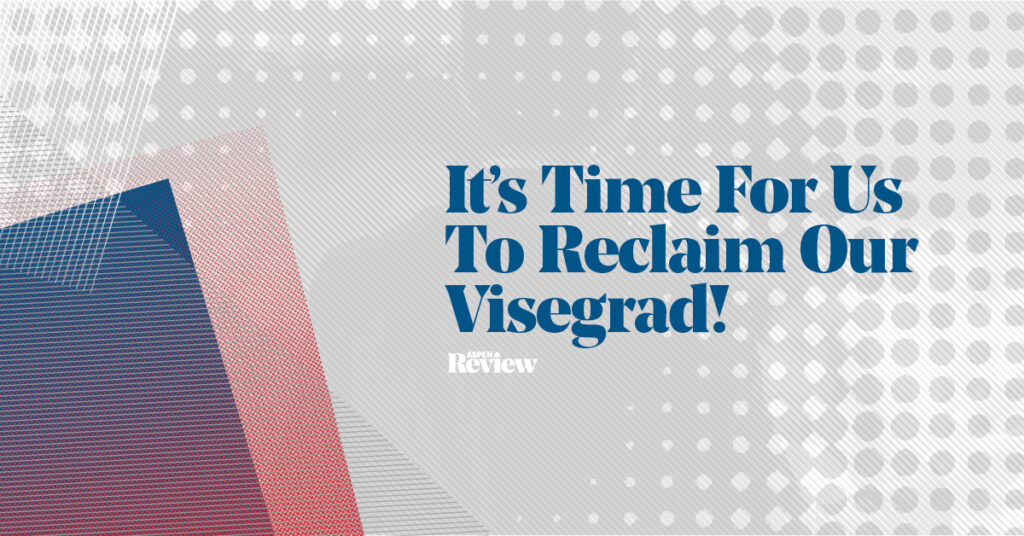
It’s Time For Us To Reclaim Our Visegrad!
It was the summer of 1989. The last summer under the totalitarian regime. By then, following twenty years of stifling ‘normalization’, the first whiffs of fresh air were beginning to be felt even in the Czech basin, cut off as it was from the rest of the world by a range of mountains that may…
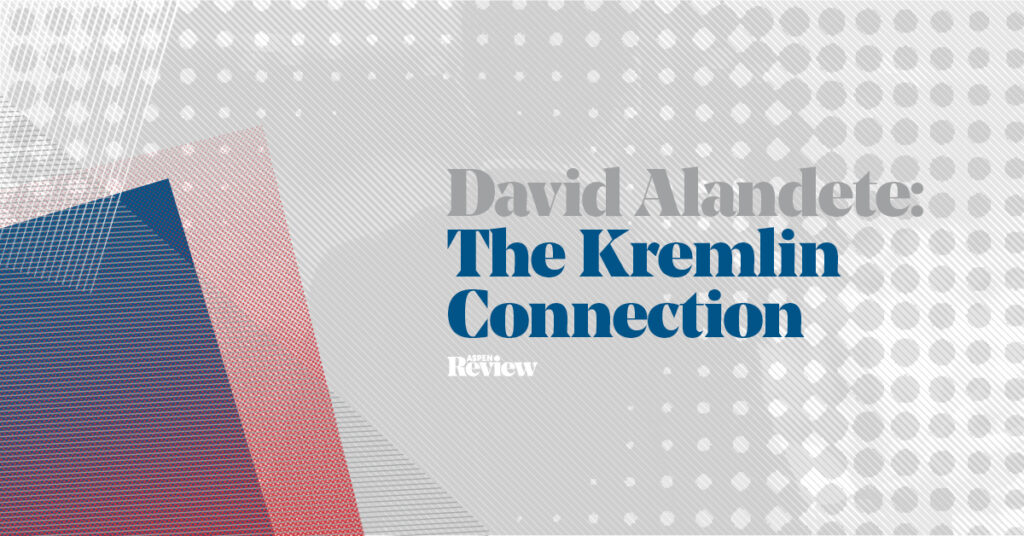
David Alandete: The Kremlin Connection
There’s one thing in common in all the Kremlin foreign campaigns— except Ukraine, which is very singular in and of itself. They do not create problems for others, they only use the problems already present in the countries and societies they are planning to target. And make them bigger—says David Alandete in an interview with…
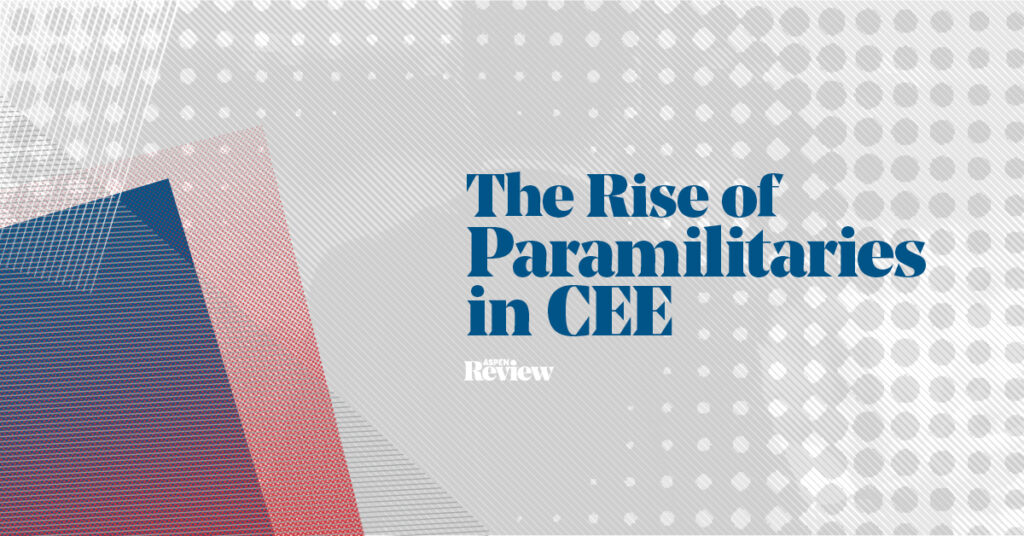
The Rise of Paramilitaries in CEE
The formation of paramilitary groups can have both positive and negative effects. There is no reason for an automatic alarm if one emerges—but there is always a reason for caution. A paramilitary group is any group, that is not a proper military unit, but has the culture and organization of one. The checklist of what…
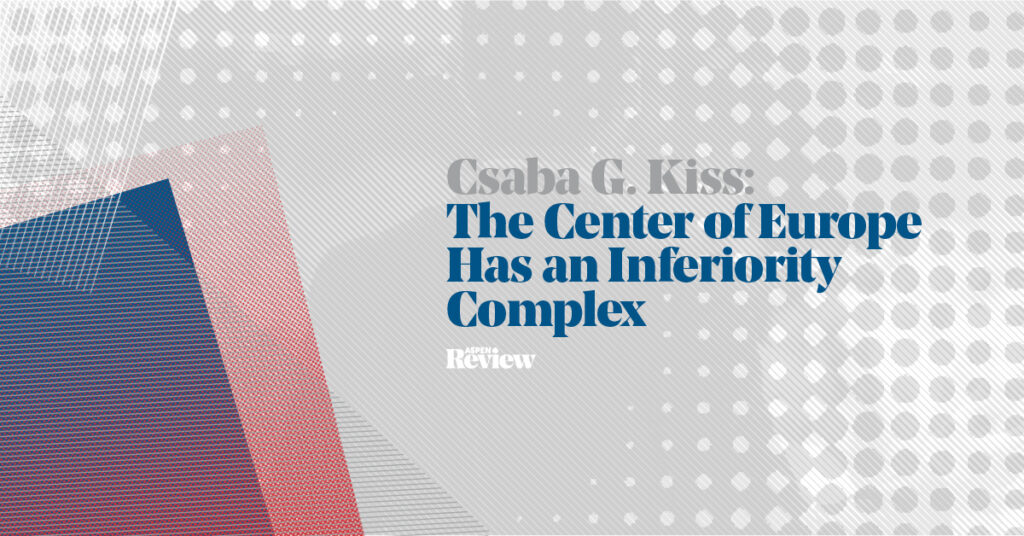
Csaba G. Kiss: The Center of Europe Has an Inferiority Complex
Slovenia and Croatia could be admitted to the V4. The group would then extend from the Baltic Sea to the Adriatic. But what are we talking about when 30 years after 1989 it takes ten hours by train to travel from Warsaw to Budapest?—says Professor Csaba G. Kiss interviewed by Zbigniew Rokita. ZBIGNIEW ROKITA: How…
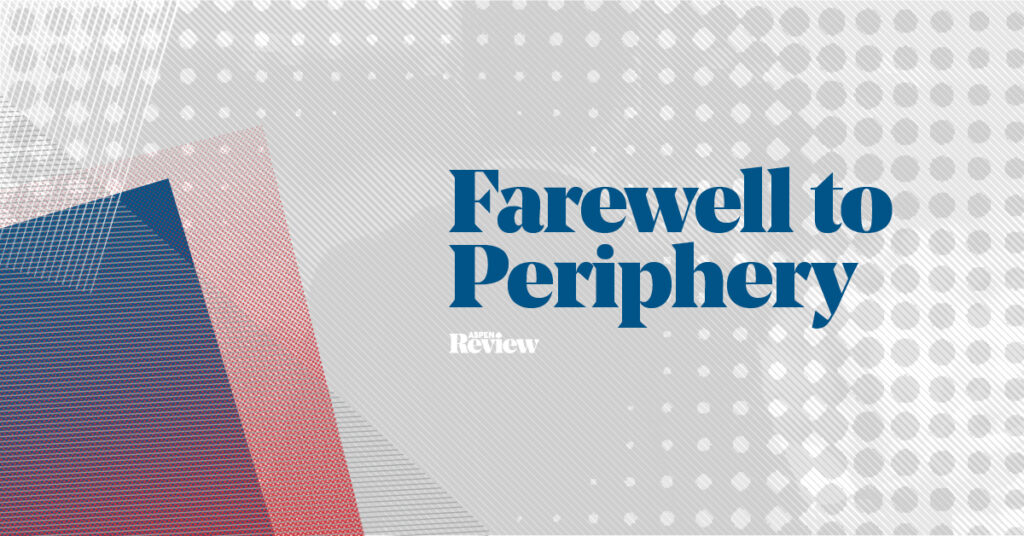
Farewell to Periphery
Central Europe has long been struggling with its peripheral position in Europe. What exactly is the nature of this outer edge and can it be cast away? Or is self-stigmatization a part of Central European identity? Is it being used as an excuse to avoid addressing real and pressing issues? Periphery as a Fate? Central…
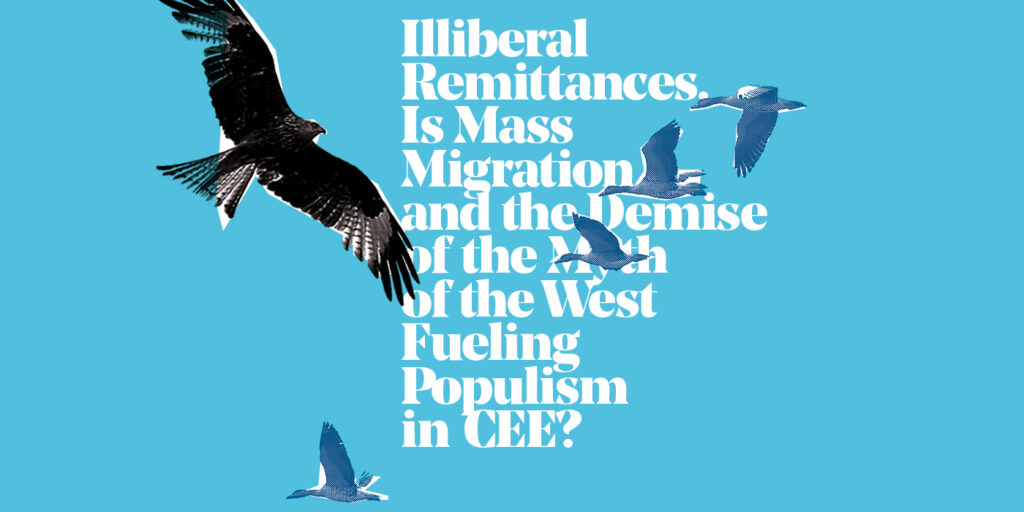
Illiberal Remittances. Is Mass Migration and the Demise of the Myth of the West Fueling Populism in CEE?
Freedom of movement—particularly to travel and work in the “West”—was something Central Europeans dreamed of behind the Iron Curtain, and used to be given as the number one rationale for joining the EU. What if mass migration and democratic backsliding are not just coincidental? Are we overlooking the impact of personal experiences of the ‘West’…
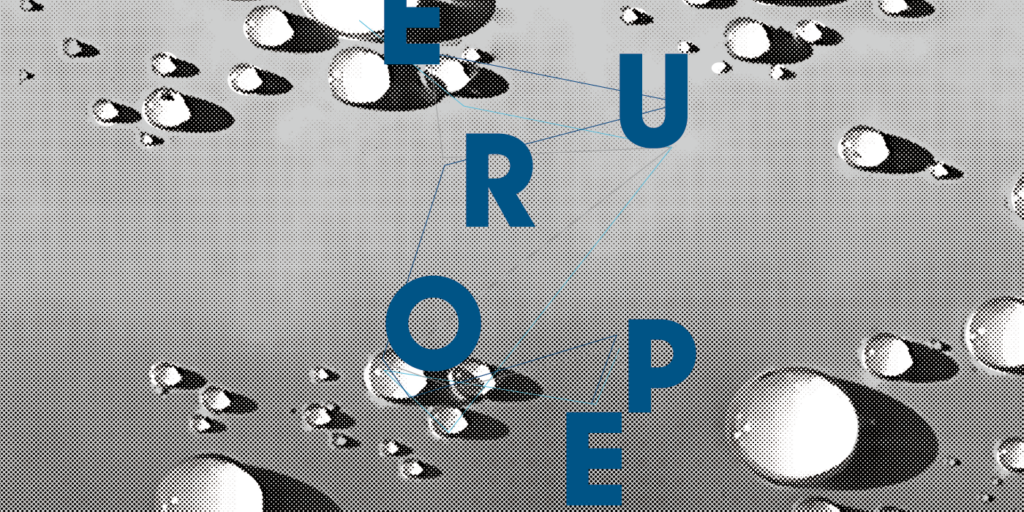
Peripherality in Today’s Europe
In contrast with clustering in traditional manufacturing industries, that in advanced manufacturing and services tends to prefer capital cities and others with attractive and convenient environments. The cumulative effect of this is to privilege a relatively small number of cities and regions in a restricted number of parts of Europe. Important forces are driving differences…
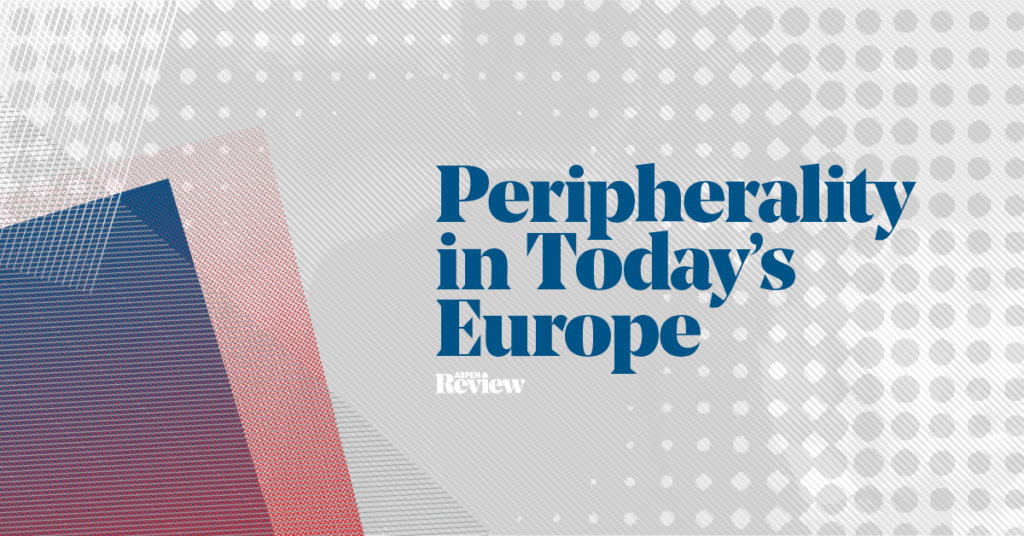
The Far West
If we look at what we call the European continent from the perspective of the people of China, India or Japan, we will see the westernmost cape of Eurasia—the Eurasian Far West. This part of the world is relatively small, but surprisingly diverse in terms of terrain, coastline, climate and the genetic pool of the…
